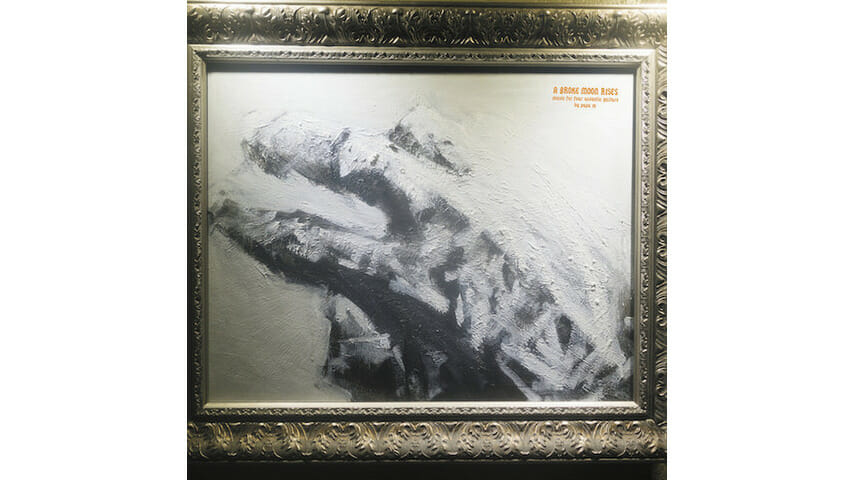Papa M: A Broke Moon Rises

David Pajo is a giant of the modern American underground, and not only because he was the guitarist in Kentucky post-rock forefathers Slint. He has also recorded and/or toured with Will Oldham, Royal Trux and Tortoise, as well as Interpol, Yeah Yeah Yeahs and Zwan, among others.
In early 2015, he survived a well-publicized suicide attempt, thanks to the quick response of emergency workers. The next year, he was badly injured in a motorcycle accident. (The day before his suicide attempt, Pajo posted a harrowing poem to his blog under the title “Broken Moon”. Save that info for later.)
His first musical output after all of that was the 2016 album Highway Songs under his longstanding solo moniker Papa M. It’s an atypically free-form release for Pajo, with nine tracks that bounce around the stylistic spectrum, from rumbling metal to glitchy electronics to lovely fingerpicked folk-blues.
-

-

-

-

-

-

-

-

-

-

-

-

-

-

-

-

-

-

-

-

-

-

-

-

-

-

-

-

-

-

-

-

-

-

-

-

-

-

-

-








































